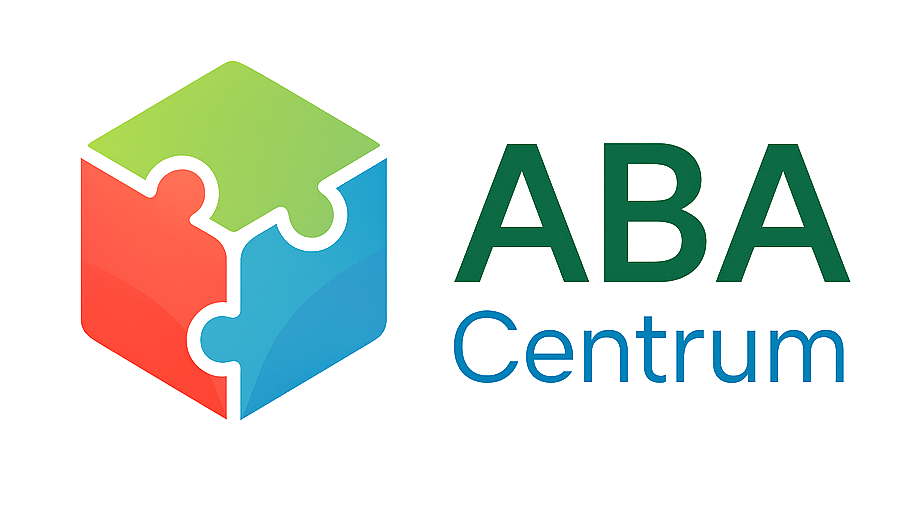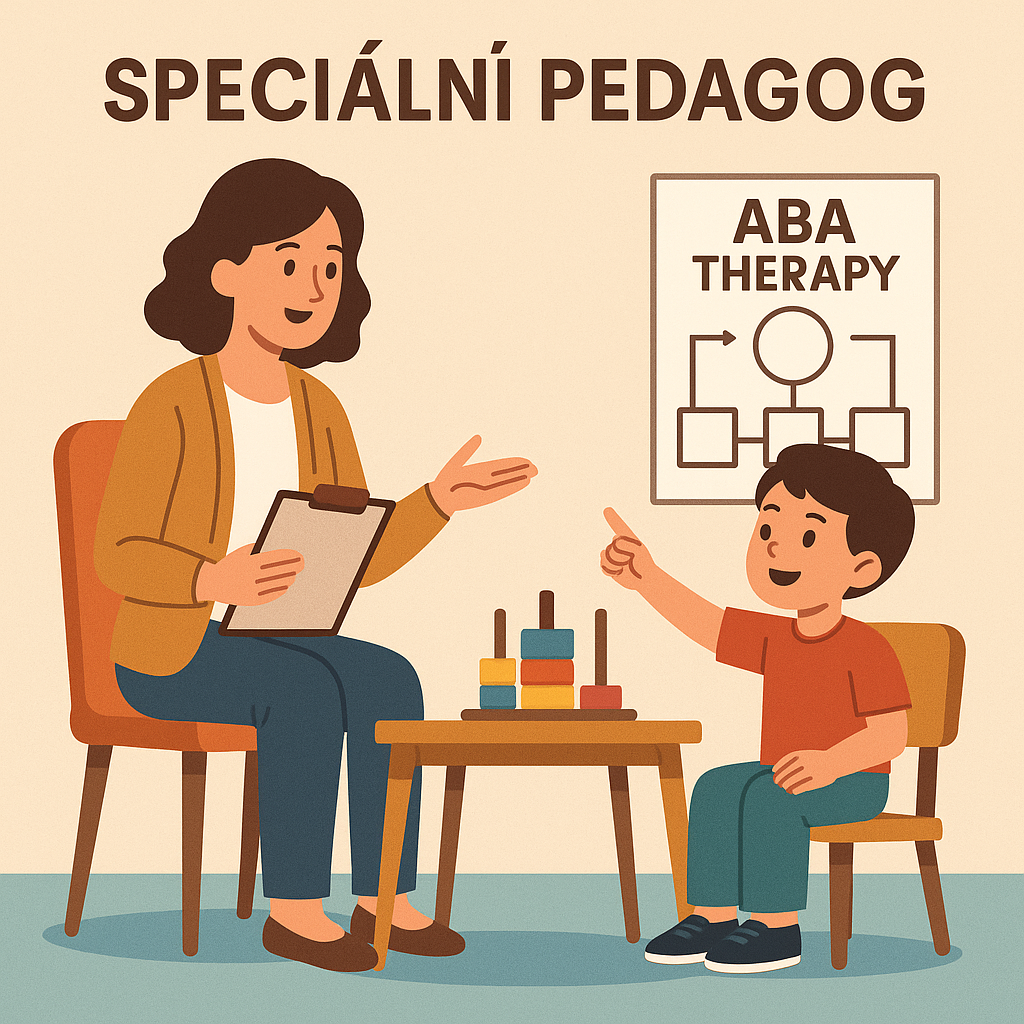Special educator
The main work of a special education teacher is focused on the development of cognitive activity in a child, which is achieved using versatile programs and methods. A special education teacher solves such tasks as:
- individual development of sensory skills;
- development of cultural and hygienic skills;
- formation of correct speech, achieved by expanding horizons (the teacher introduces the child to the outside world, thereby supplementing his vocabulary and forming coherent speech);
- demonstration of the game (in the event that the game skills do not correspond to the child's age);
- acquisition of skills in written and oral expression by the method of auditory perception (the child finds sounds in the spoken word);
- formation of simple arithmetic skills (thanks to the acquired knowledge about the quantitative and temporal properties of objects);
- development of motor skills using simple creative tasks;
- and other tasks of child development.
A special educator is a special specialist who works at the border of pedagogy and medicine. Her tasks include diagnostics, training, educational activities and socialization of children with developmental disorders, physical or mental illnesses.
Children with developmental disabilities have some difficulty learning new skills, controlling their emotions or behavior, and building relationships with adults or peers. They often cannot acquire knowledge as easily as their peers and lose interest in learning. Characteristics associated with the pace of development, illnesses, lead to teachers or parents of other children reacting poorly to them and demanding "correct" behavior.
Due to the lack of special education, parents of such children cannot always understand how difficult it is for them to learn and adapt. The level of demands on their child, on others, on the educational institution increases. Consultation with a special educator will help parents:
- objectively assess the causes of difficulties in learning, socialization;
- understand what they can do to change the situation;
- obtain information about what activities will help in this case.
A recommendation to visit a special educator should not be considered a quick assessment of the child's psychological state. Individual instruction with a special educator recommended in these cases:
- children with autism spectrum disorders;
- preschoolers and schoolchildren with speech disorders;
- children with acquired or congenital diseases of the musculoskeletal system (ICP);
- children with defects of the central, peripheral nervous system;
- children with delayed mental and psychomotor development;
- children with mental retardation;
- children having difficulties with learning in kindergarten, school.
Early start of work brings the best results: the younger the child, the more plastic his brain is. Assimilation of material, correction of unusual behavior are easier. And parents have the opportunity to accept the situation earlier, not to demand the impossible from the child.

